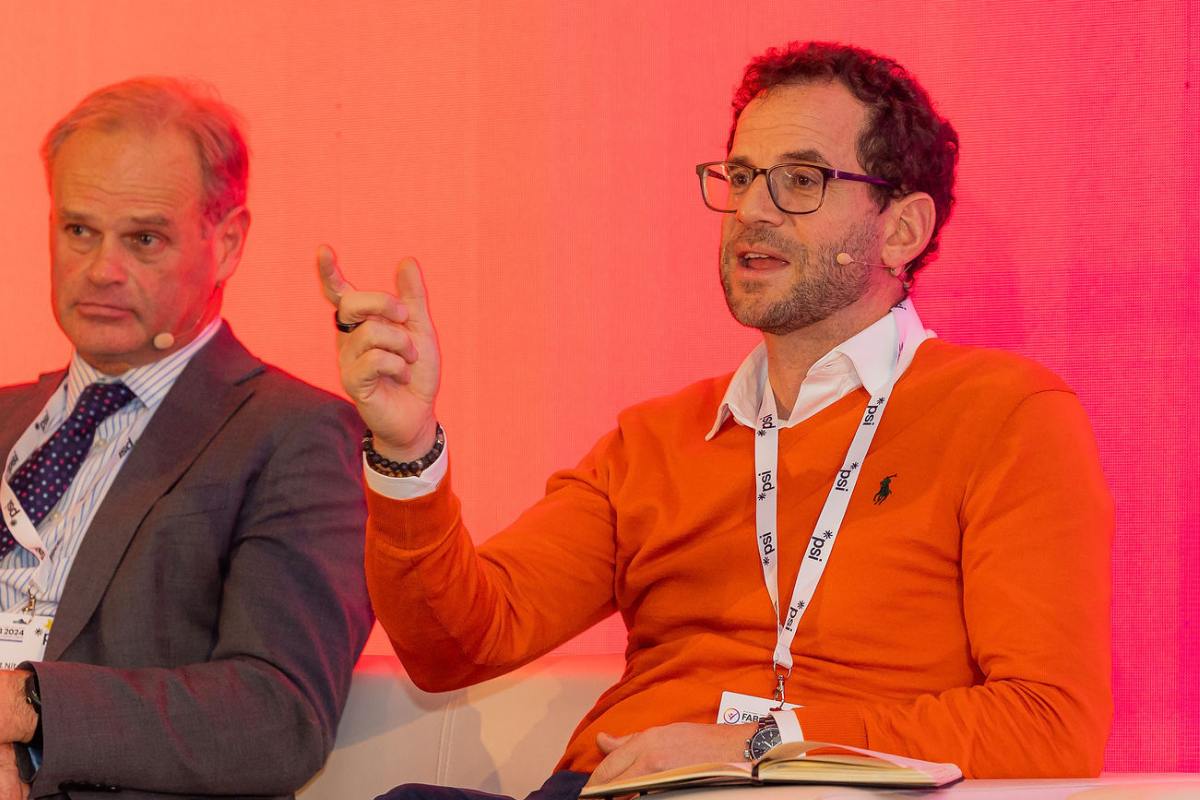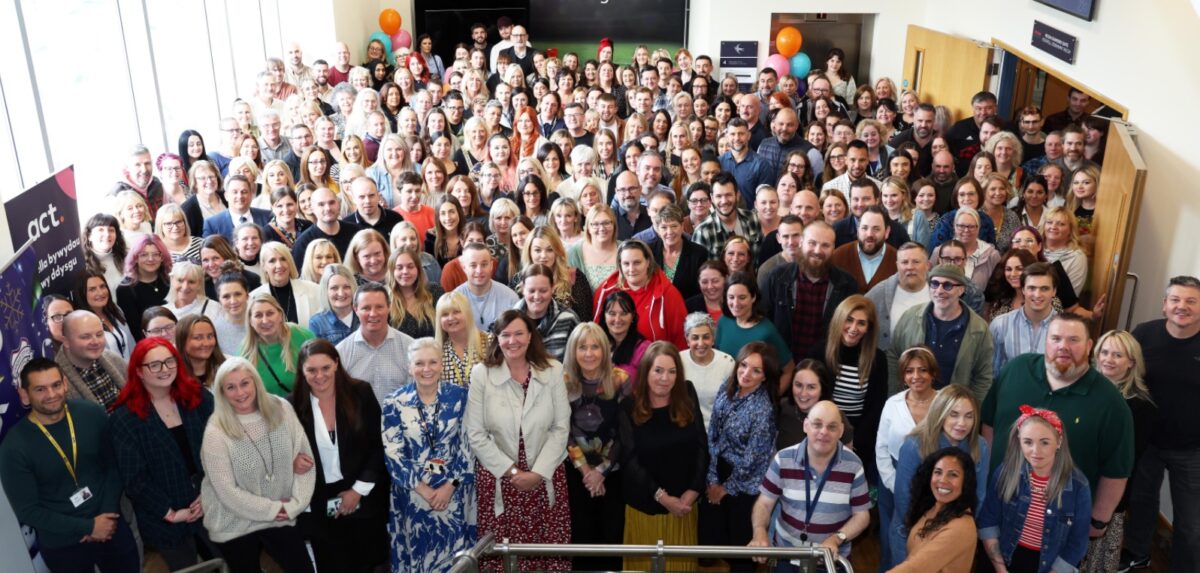Stanford GSB launches free online course to help entrepreneurs rebuild after Covid-19

Participants receive free access to @StanfordGSB online entrepreneurial program and toolkit to guide them through the process of creating and evaluating projects designed to accelerate recovery
Driven by its commitment to helping leaders become agents of change, Stanford Graduate School of Business (GSB) today announced Stanford Rebuild, a global innovation sprint focused on ideating and accelerating solutions for the wide range of challenges and opportunities that we will face as we emerge from the worst of the COVID-19 pandemic.
Stanford Rebuild is open to students, entrepreneurs, innovators, and business leaders around the globe, who are invited to participate in a 8-week focused investigation of ideas and solutions to accelerate the path to a better post-COVID future. The program, organized by the GSB’s Center for Entrepreneurial Studies (CES) and Executive Education program—in partnership with schools and groups across Stanford University and beyond—is based on the Stanford Embark curriculum, an interactive entrepreneurial toolkit designed to help people explore if they can turn their idea into a viable business. Stanford is providing the Embark platform and toolkit to Stanford Rebuild participants at no cost as part of the innovation sprint.
With the deep impact of COVID-19 on many sectors, and the widely-held belief that the impact will extend for years to come, innovation will be crucial in accelerating recovery and contributing to a better outcome for individuals and organizations. Recognizing that uncertain times can spawn great companies, Stanford Rebuild was structured to help individuals and teams evaluate opportunities to create the next generation of businesses that rebuild our economy as well as create solutions to address the “new normal” for individuals, small businesses, large organizations, and governments.
The initiative is part of Stanford University’s recent acceleration of the virtual learning experience as it explores new ways to pursue knowledge through openness, sharing, collaboration and communication. The university has a rich legacy as an early pioneer in remote and online programs, and has continued to emphasize teaching and learning regardless of platform. As the COVID-19 crisis quickly forced classes online to limit the spread of the disease, faculty have identified new and innovative ways to engage students and enrich the learning environment. This university-wide effort exemplifies the Stanford community’s culture of collaboration and spirit of innovation that allows for fast translation of discoveries into proven solutions.
“Stanford Rebuild is designed to address the critical need for rapid innovation and creativity at this uniquely challenging time,” said Stefanos Zenios, the co-director of Stanford GSB’s Center for Entrepreneurial Studies, and the Investment Group of Santa Barbara Professor of Entrepreneurship and Professor of Operations, Information & Technology. “Periods of disruption bring to light new problems and challenges that innovators can help address. And, they can also be a source of new opportunities as customer needs and pain points change.”
“Our objective is to have many teams from around the world step up to look at both the challenges global communities will face in recovering from the pandemic, and the new opportunities that will certainly arise. By offering content, tools and expertise at no cost to aspiring innovators, we hope to inspire the next generation of services and organizations that help change lives in this new reality,” said Zenios.
Stanford Rebuild highlights challenges and opportunities related to COVID-19 recovery within four key categories—Reimagine Organizations, Reinforce Healthcare Systems, Revitalize the Workplace, and Redesign Human Wellbeing—tackling a wide range of challenges such as implementing scalable and socially-responsible testing and contact tracing, redesigning childcare and early education, addressing the mental health impact of social distancing, or supporting small businesses as they recover and reinvent themselves. Participants are welcome to bring forward any project ideas beyond these four categories as it long as it relates to the COVID-19 crisis.
Stanford Rebuild kicks off June 22 with a series of online events designed to inspire creative problem solving and get participants excited to drive innovation. The kick-off will be followed by an 8-week period where individuals and teams will develop, test, and refine their solutions using the Embark entrepreneurial toolkit. The sprint will conclude with a global online event to highlight a range of projects that show promise to meaningfully accelerate economic, societal and individual recovery from the COVID-19 pandemic.











Responses